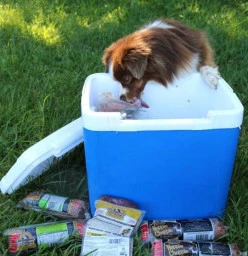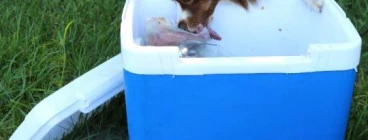- 44 New Glasgow Rd, Canelands, Verulam, 4344, South Africa, Canelands, KwaZulu-Natal 4344
- 2 km from Verulam Central
Blankets & Lapmats - Pet Supplies & Services in Verulam Central (4339)
Best match results for blankets & lapmats - pet supplies & services + 5km.
Other related businesses in and around Verulam Central (within 20km)
- Lot 162, Thompson Avenue, Bizana, Bizana, Eastern Cape 4800
- 2 km from Verulam Central
- Durban North CBD, KwaZulu-Natal
- 10-20 km from Verulam Central
Alpha Pet Products is a reputable company specializing in high-quality pet products, with a particular focus on sheepskin dog toys and raw food for dogs. Founded with a passion for providing pets with the best possible care, Alpha Pet Products has established itself as a trusted brand in the pet industry. Their line of sheepskin dog toys combines durability with luxury, offering dogs a satisfying chewing experience while also being gentle on their teeth and gums. These toys are crafted with meticulous... Read more
- 4 Rinkford Road Sunford Phoenix, Sunford, KwaZulu-Natal 4068
- 5-10 km from Verulam Central
- Cnr Dr Nelson Mandela & River Streets, Upington, Upington - CBD, Northern Cape 8801
- 10-20 km from Verulam Central
- Tesco Drive, Gandis Hill, Tongaat, Gandhis Hill, KwaZulu-Natal 4400
- 10-20 km from Verulam Central
- Phoenix Woodview, Woodview, KwaZulu-Natal 4068
- 5-10 km from Verulam Central
- 1 Trichardsdal Drive, Letsitele, Letsitele, Limpopo Province 885
- 10-20 km from Verulam Central
- Mangconde Street, Middledrift, Fort Beaufort, Eastern Cape 5720
- 5-10 km from Verulam Central


